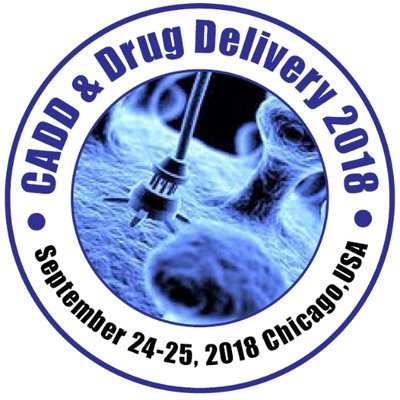
Oleg V Tcheremissine
Atrium Health, USA
Title: Amyloid hypothesis and drug development for Alzheimer’s disorder: A critical review
Biography
Biography: Oleg V Tcheremissine
Abstract
Alzheimer’s Disease (AD) is a devastating progressive neurogenerative disorder resulting from pathological changes in the brain. AD manifests by a broad range of symptoms affecting memory, concentration, volition, and leading to significant impairment in all activities of daily living. The currently approved pharmacological treatments have only limited efficacy and provide mostly symptomatic benefits as they do not specifically target the underlying pathology of AD. AD pathology is characterized by the accumulation of beta-amyloid protein (Aβ), tau-protein, and associated inflammatory response. The amyloid cascade hypothesis has been the basis for developing an entire new class of disease-modifying therapeutics. In the past 20 years, there have been more than 100 attempts to develop new pharmacological agents, including a wide range of therapeutics targeting different components of the amyloid cascade. Based on their role in the amyloid cascade and the primary mechanisms of action, these new therapies could be divided into three subclasses: a) aimed at reducing production of Aβ; b) aimed at promoting Aβ clearance; and c) aimed at reducing Aβ aggregation. This session will provide a critical overview of the amyloid cascade hypothesis in AD and discuss the future directions in drug development for AD.

